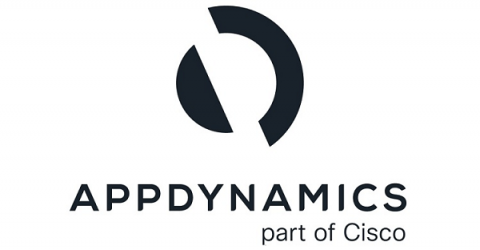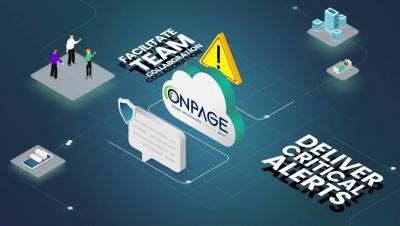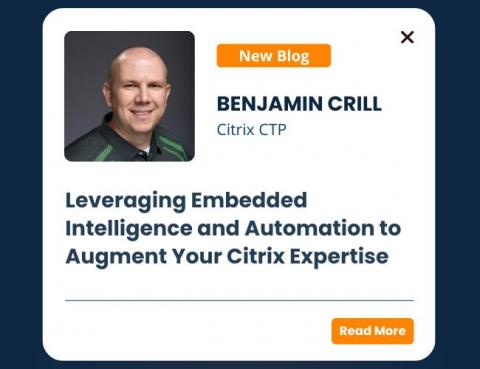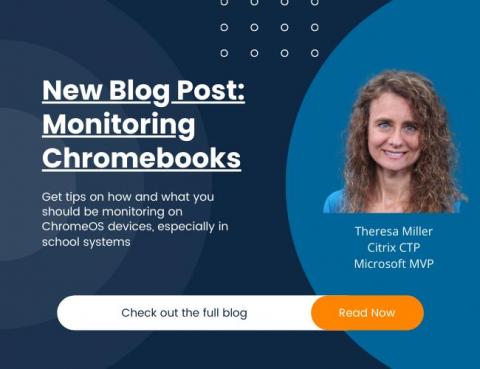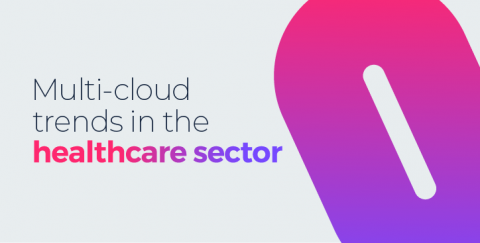Operations | Monitoring | ITSM | DevOps | Cloud
Healthcare
How Cisco AppDynamics enables HIPAA-compliant digital healthcare experiences
How Cisco AppDynamics enables organizations to maintain compliance with the Health Insurance Portability and Accountability Act.
OnPage - Never Miss a Critical Alert Again (For IT, Clinical Comm. and Collab. & Crisis Comm.)
Introducing: Monitoring and Troubleshooting for Google ChromeOS
Leveraging Embedded Intelligence and Automation to Augment Your Citrix Expertise
What’s your least favorite thing as an IT professional to hear when you first stroll into the office in the morning? I’m going to go out on a limb and guess that, like me, many of you might say something like this: “Everything is slow….” Ughhhhhhh, if we had a dime for every time we’ve heard end users utter that vague and unhelpful statement over our careers, we’d have a boatload of dimes. Across IT roles, this tiring theme seems to follow us wherever we go.
How To Help Doctors Better Organize Their Work Schedule?
All You Need to Know About Digital Scanning Solutions for Business
End User Experience Monitoring for Healthcare
The global "mHealth market" is anticipated to reach USD 293.29 billion by 2026, growing at a CAGR of 29.1% over the forecast period, according to Fortune Business Insights. This growth is being driven by the rising adoption of mobile health technologies and the increasing use of cloud-based services. This growing customer dependence and ever-changing landscape of healthcare make it more important than ever to have a comprehensive understanding of how your applications are performing and to ensure that mission-critical applications, which can cause serious consequences from downtime, perform as they should.
Monitoring your Chromebooks School System Edition
Major vendors have been doubling down on their investment in Chromebooks, and that effort has paid off — they’ve consistently seen strong returns thanks to the platform’s wide adoption globally.



